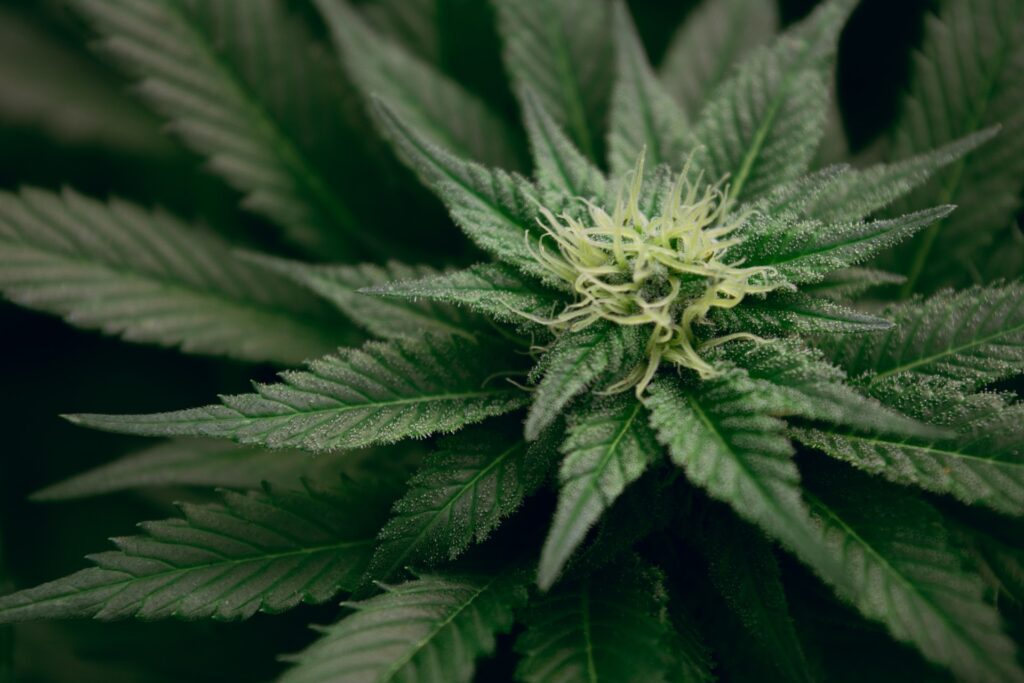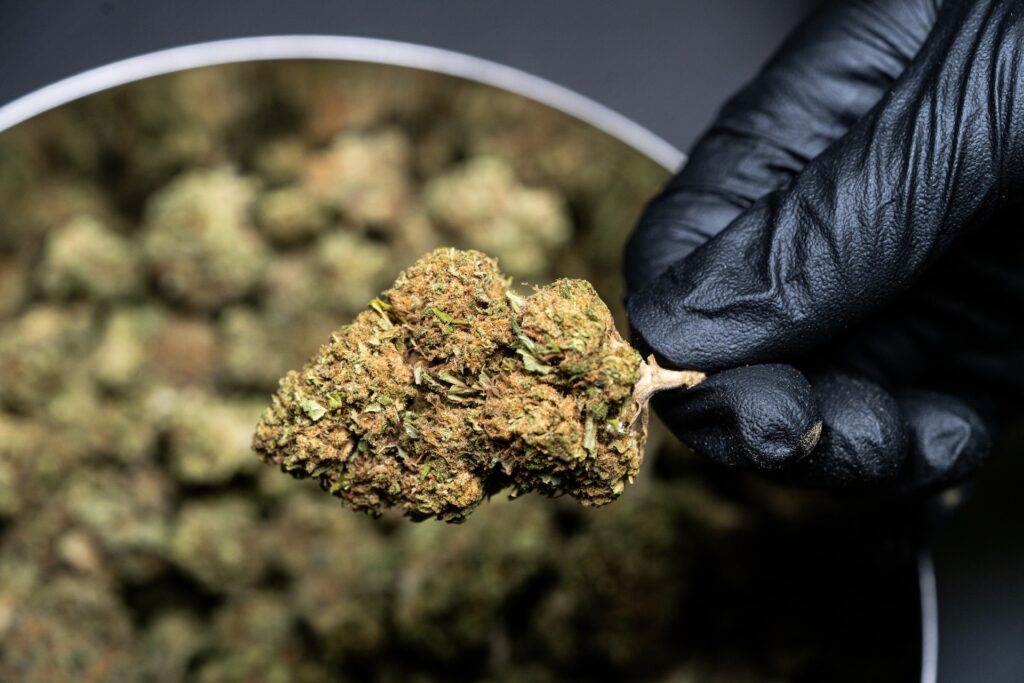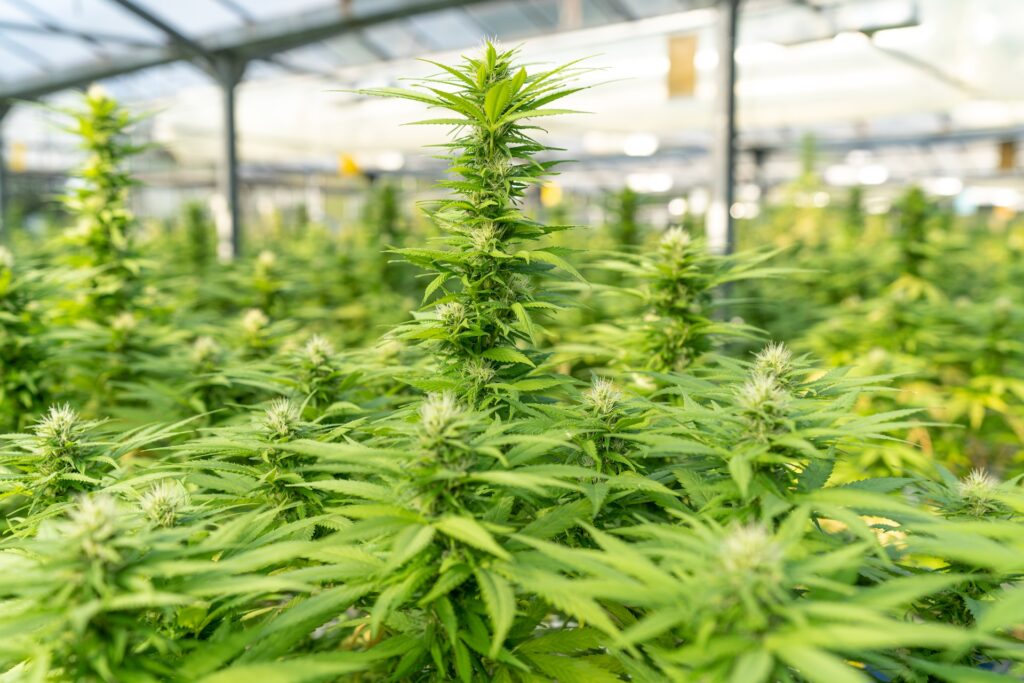
CBG vs CBD: Understanding the Differences and Benefits
As the world of cannabis research expands, a multitude of compounds have come to the forefront, each promising unique therapeutic benefits. While CBD (cannabidiol) has long been celebrated for its potential health advantages, a newer contender, CBG (cannabigerol), has begun to capture the attention of both scientists and consumers. Though they originate from the same cannabis plant, their distinct profiles, effects, and uses set them apart in noteworthy ways.
Distinguishing between these two cannabinoids is crucial for those who wish to harness their respective properties for health and wellness. By delving deeper into their individual attributes and potential benefits, we can better understand their roles in holistic health. Curious about what sets CBG and CBD apart? Keep reading for a comprehensive comparison that elucidates their differences and similarities.
CBG: A Brief Introduction
Cannabigerol, commonly known as CBG, is among the myriad of cannabinoids present in hemp and cannabis plants. Derived from cannabigerolic acid (CBGA) in young hemp plants, it eventually transforms into other compounds like CBDA and THCA as the plant matures. These subsequently convert into the well-known CBD and THC. CBG remains from any residual CBGA. The transformation process is a testament to the dynamic nature of the cannabis plant and how a single precursor can lead to several distinct compounds. For many, CBG’s existence might be a revelation, emphasizing the depth and diversity of cannabinoids yet to be fully explored.
CBG has been in the shadows since its isolation in 1964, with limited research illuminating its properties. Emerging studies, however, hint at a spectrum of therapeutic benefits from this compound. It appears to interact with the endocannabinoid system’s CB1 and CB2 receptors, potentially influencing pain, inflammation, and temperature sensations. Furthermore, CBG may offer antidepressant, anticancer, and antibacterial properties, though more research is needed. Given its potential, CBG could soon join the ranks of highly sought-after cannabinoids, driving more interest and funding into research focused on its benefits.
CBD: The Celebrated Cannabinoid
CBD, or cannabidiol, is abundant in hemp and cannabis plants. Although isolated in the 1930s, its potential wasn’t recognized until the 1970s when its anticonvulsant properties were discovered. CBD’s therapeutic arsenal has expanded over the years to include anti-anxiety, pain-relief, anti-nausea, and sedative effects. The cannabinoid’s noteworthy efficacy against severe childhood epilepsy has even led to its incorporation in the FDA-approved drug, Epidiolex. The rise in acceptance and acknowledgment of CBD’s benefits has paved the way for the cannabinoid industry’s growth, transforming public perception and challenging outdated stigmas.
CBD’s appeal also lies in its non-psychoactive nature. Unlike its counterpart, THC, CBD offers therapeutic advantages without inducing paranoia, anxiety, or cognitive impairment. Like CBG, CBD too interacts with CB1 and CB2 receptors in the endocannabinoid system. This non-intoxicating characteristic is what sets CBD apart, allowing users to enjoy its benefits without any of the psychoactive drawbacks associated with cannabis consumption.
Related Link: Does CBD Oil Go Bad? Understanding Shelf Life and Storage

Distinguishing CBG & CBD
At a molecular level, CBG and CBD differ. Their unique molecular structures influence their binding mechanisms with receptors and their bioavailability. Moreover, their interactions with receptors are distinct. For instance, their relationship with the 5-HT1A serotonin receptor varies; CBG acts as an antagonist, whereas CBD exhibits potent anti-nausea effects, behaving like an agonist. These varied interactions suggest a complexity in how they influence our systems, further underlining the need for nuanced research to understand them better.
Appetite regulation further differentiates the two. Animal studies have indicated that CBG can significantly boost appetite, while CBD has shown potential in reducing overall food intake. These distinctions in appetite modulation may offer therapeutic potential in conditions like eating disorders or chemotherapy-induced appetite loss.
Have any questions about CBD? Contact us today.
Delving into the Therapeutic Potentials of CBG and CBD
While CBG research is still in its infancy, preliminary studies suggest several therapeutic potentials. Without any psychoactive effects, CBG might aid in:
● Appetite stimulation
● Exhibiting anti-cancer properties
● Demonstrating antibiotic attributes
● Possibly treating MRSA bacterial infections
The coming years promise further insights into CBG as its popularity surges and spurs more comprehensive research. Its emergent profile indicates a promising future in both medical and wellness circles.
On the other hand, CBD’s therapeutic profile is more robust due to the breadth of studies conducted. Documented benefits of CBD include:
● Alleviating pain
● Enhancing sleep quality
● Reducing stress and anxiety
● Offering neuroprotective attributes
Yet, the realm of cannabinoids, including CBG and CBD, remains vast and largely unexplored. Most existing studies have been animal-based, emphasizing the need for human trials to fully comprehend their effects on the human body. As we forge ahead, it’s clear that the potential of these cannabinoids is only beginning to be realized, and their full impact on health and wellness remains an exciting frontier.
Need assistance in selecting the right CBD Product? Message us today.

Understanding CBG and CBD
As we journey through the ever-evolving world of cannabis and its constituents, understanding the subtle and distinct differences between cannabinoids like CBG and CBD becomes crucial. Both compounds, while originating from the same plant, offer unique therapeutic benefits that cater to varied health needs. Whether it’s CBG’s potential for appetite stimulation and antibacterial properties or CBD’s renowned effects on anxiety and pain, these cannabinoids exemplify the vast potential of the cannabis plant.
For those keen to delve deeper and experience the advantages of quality CBD firsthand, Fiddler’s Green CBD stands out as a reliable destination. Committed to excellence, Fiddler’s CBD ensures that consumers receive the best of what the cannabis plant has to offer. Check out their range to embark on a journey of wellness backed by nature’s finest.
Related Link: How CBD Helps With Dog Anxiety?

